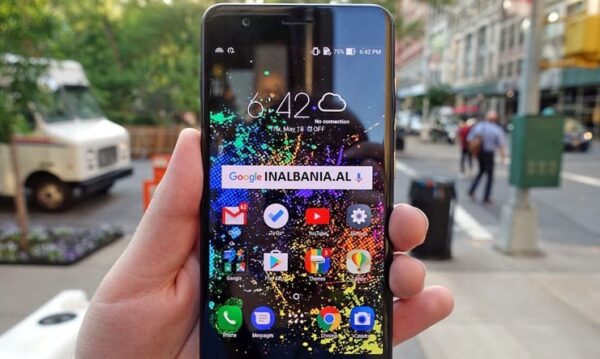By now, most of us know the connection between stress and eating. In hard times, most of us eat cookies.
The Journal of Applied Psychology has published a study which says that the worst enemy of your diet besides stress is your habit of watching TV all night. In two studies of more than 200 workers in China, researchers found that the real difference in healthier diets is sleep.
“We found that employees who have a stressful work day tend to bring their negative feelings into the workplace and at the dinner table by eating more than usual and eating more fast food than healthy food.” said study co-author Chu-Hsiang “Daisy” Chang, professor of psychology at MSU.
“Well, another study found how sleep helped people cope with their stress eating after work,” she continued. “When employees slept better the night before, they tended to eat better when experiencing stress the next day.”
In two studies of workers in high-stress positions, researchers found that when workers are in a bad mood, they eat to compensate. Speaking to MSU Today, Yihao Liu, study co-author and assistant professor at the University of Illinois, explained that eating is “an activity to release and regulate one’s bad mood because individuals instinctively avoid feelings and approach eating urges.” , he said.
But for long-term relief, Chang and Liu found that the best way to avoid negative feelings and eating is to put down that bag of chips and go to sleep.
“Getting a good night’s sleep can make employees feel energized again, which makes them better able to deal with stress at work the next day and less vulnerable to unhealthy eating,” Chang explained.
So is sleep a better mood booster than a box of pancakes? It turns out that it is.
“Food-related benefits can serve as a temporary mood reliever for stressed employees,” Chang said, “and failure to address sources of stress at work can have devastating long-term effects on employee health.”













